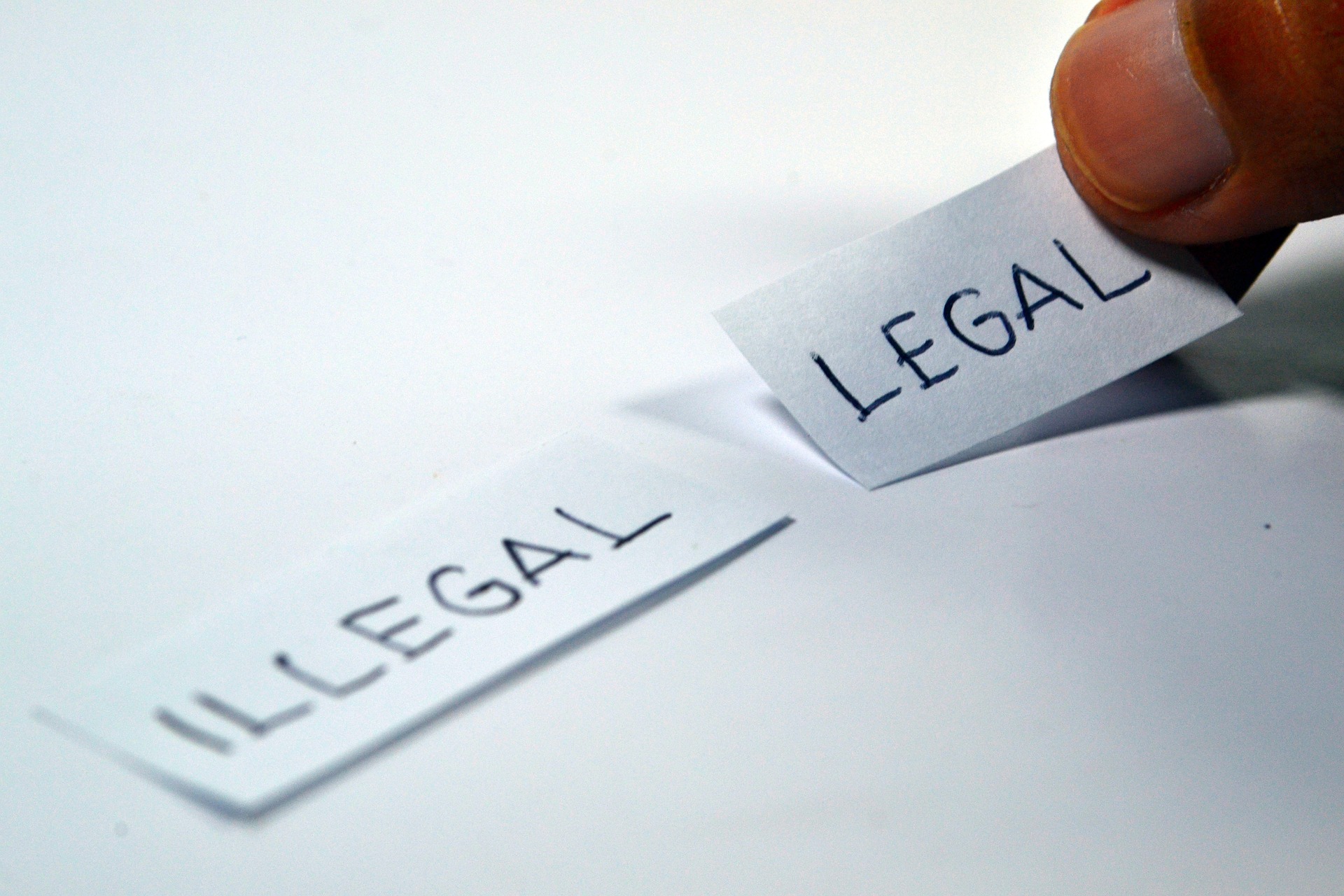Intellectual Property Rights in the Digital Era
The digital age has revolutionized how we create, share, and consume content. While this offers boundless opportunities for innovation, it also poses new challenges for intellectual property rights. This article delves into the evolving landscape of intellectual property law in the digital era, giving a historical context, discussing recent developments, and examining the societal implications of these changes.

Introduction
The advent of the internet has dramatically transformed our world, particularly in the realm of intellectual property. As we navigate the digital age, the lines between the creator’s rights and the consumer’s freedoms become increasingly blurred. This article will explore the intricate landscape of intellectual property rights in the digital era, offering insights into its historical evolution, current updates, and societal impact.
Historical Context of Intellectual Property Rights
Intellectual property rights have always served as a balance between the rights of creators and the interest of the public. The founding of the World Intellectual Property Organization (WIPO) in 1967 marked a significant step in global efforts to protect intellectual property rights. However, the digital age has introduced new complexities, challenging traditional notions of ownership, distribution, and infringement.
Intellectual Property Law in the Digital Age
The internet has democratized access to content, but this has also facilitated the unauthorized use and distribution of protected works. To address these challenges, various legislative changes have been made. For instance, the Digital Millennium Copyright Act (DMCA) was enacted in the US in 1998 to combat digital piracy. Similarly, the European Union has introduced the Directive on Copyright in the Digital Single Market to update copyright laws for the digital age.
Implications and Impact on Society
The impact of these changes is far-reaching. While stronger protections are necessary to incentivize creators, overly stringent laws can stifle creativity and limit access to information. Moreover, issues of jurisdiction in the digital space pose another challenge, as many platforms operate internationally.
The Future of Intellectual Property Rights in the Digital Era
As technology continues to evolve, so too will the laws governing intellectual property. Future legislation must strike a balance between protecting the rights of creators and fostering an open, innovative digital environment.
In conclusion, intellectual property law in the digital era is a complex and evolving field. As we continue to navigate this landscape, it is crucial to remain informed about current developments and understand their broader societal implications. This knowledge empowers us to engage in informed discussions and advocate for fair, balanced policies that serve the interests of all stakeholders.






